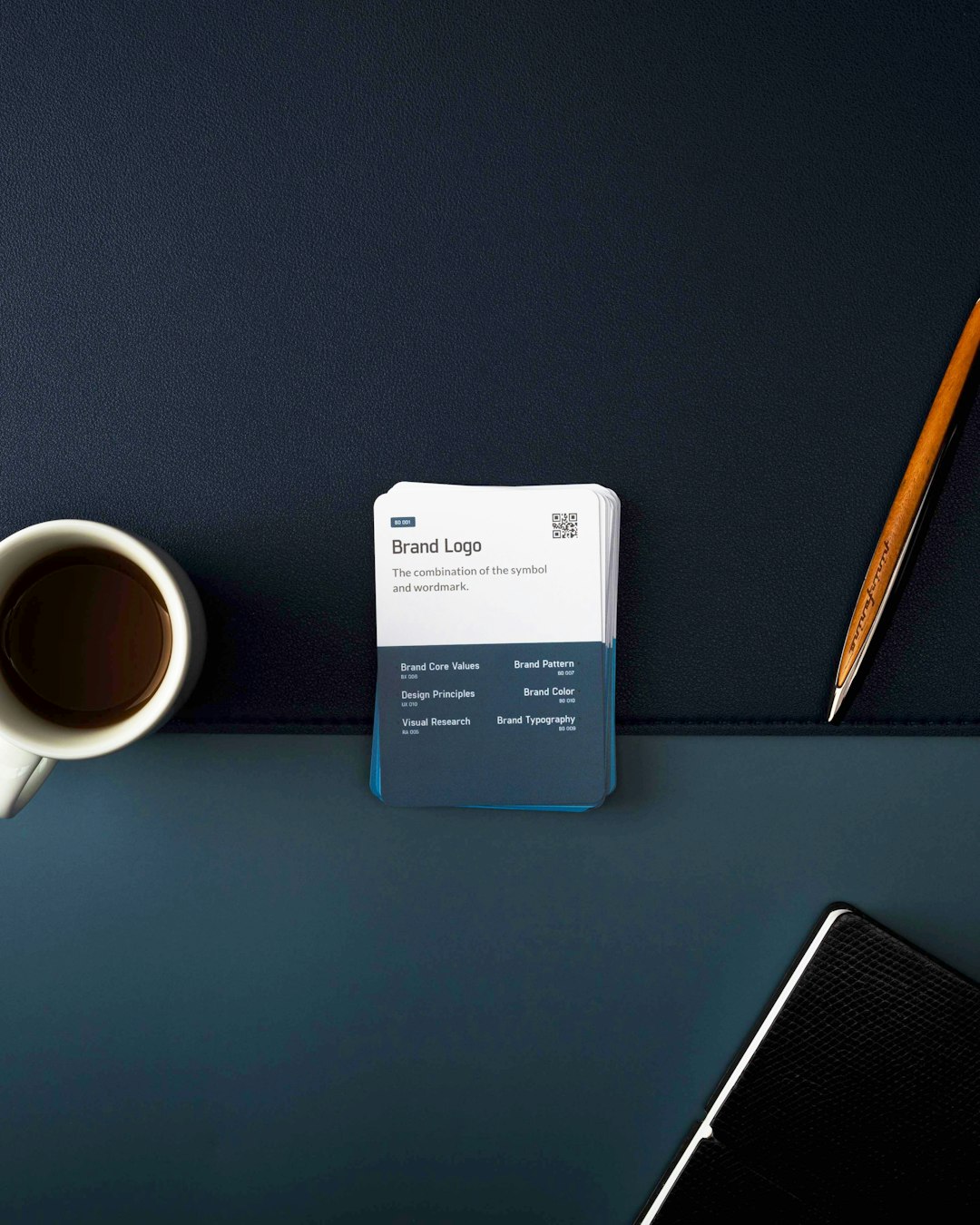Organizations seeking robust identity and access management solutions often turn to Okta as their Identity Provider (IDP). Among the many features Okta offers, its session management capabilities stand out as a crucial component for ensuring both security and user convenience. Session management in Okta involves the control and maintenance of user sessions after authentication to balance seamless access with protective measures.
When users authenticate via Okta, a session is created that stores the state of their identity across multiple applications and services. Effective session management ensures that these sessions are both secure and efficiently terminated when no longer needed.
How Okta IDP Manages Sessions
Okta employs a combination of session tokens, cookies, and configurable settings to manage authenticated sessions. Here are the key components:
- Session Tokens: Once a user logs in, Okta generates a session token that represents their authenticated state. This token can be exchanged for other authentication protocols such as SAML, OIDC, or OAuth, allowing access to configured applications.
- Okta Session Cookie: Okta sets a secure HTTP cookie in the user’s browser to maintain their session. This cookie, called sid, allows Okta to recognize returning users without requiring them to re-authenticate during the valid period.

Session Duration and Timeout Policies
Administrators can configure how long sessions last and under what conditions they expire. These settings help strike a balance between user convenience and security. The main timeout settings include:
- Idle Timeout: This setting defines the maximum amount of time a user can remain inactive before Okta ends the session.
- Absolute Timeout: Regardless of user activity, this timeout sets a hard limit on the lifespan of the session.
- Global Session Lifetime: A broader control for setting default expiration values across an entire organization.
These parameters help defend against risks such as session hijacking or unauthorized session prolongation, particularly on shared devices or in public networks.
Single Sign-On (SSO) and Centralized Session Handling
Okta enhances session management through its Single Sign-On (SSO) feature, which allows users to authenticate once and gain access to multiple connected applications.
With centralized session handling, Okta ensures consistent session rules and automatic logout across all integrated apps. If a session ends or is invalidated in Okta, the user is also logged out across other dependent applications. This centralized management significantly reduces complexity and strengthens policy enforcement.

Security Enhancements in Session Management
Okta delivers additional security features to strengthen session integrity:
- Multi-Factor Authentication (MFA): Reauthentication policies can enforce step-up authentication during sensitive transactions, even if the session is still active.
- Device and IP Recognition: Okta records login locations and device fingerprints to detect unusual behaviors tied to sessions.
- Real-Time Session Revocation: Admins can revoke sessions on demand during breach investigations, ensuring immediate access removal.
Session Storage and Monitoring
Okta utilizes in-memory storage for session state, which provides fast access and reduced persistence risks. Furthermore, Okta’s logging and monitoring capabilities allow visibility into session activities. Administrators can audit who signed in, from where, and how long each session lasted, which is vital for compliance and incident response.
Additionally, session management logs can be exported to SIEM platforms for advanced analytics and threat detection scenarios.
FAQs About Okta IDP Session Management
- Q: How long does an Okta session last by default?
A: By default, Okta sessions last 2 hours of inactivity for web sessions, but this can be customized by administrators via the Security → Session controls in the Okta Admin Console. - Q: Can users manually log out and end their Okta session?
A: Yes, users can log out either from the Okta dashboard or via application-specific logout URLs, which terminate their session immediately. - Q: Does Okta support short-lived sessions for high-security apps?
A: Absolutely. Admins can create app-specific policies that enforce shorter session durations and stricter timeout settings for sensitive applications. - Q: How does Okta handle inactive sessions?
A: Sessions that remain inactive beyond the defined idle timeout are automatically invalidated and require reauthentication for continued access. - Q: Is session management available in Okta’s API?
A: Yes, Okta provides session management APIs that allow developers to query, create, and terminate sessions programmatically.
Through a combination of configurable policies, secure tokens, and centralized control, Okta IDP delivers a comprehensive session management strategy that supports enterprise-scale security while maintaining user productivity.
 logo
logo



